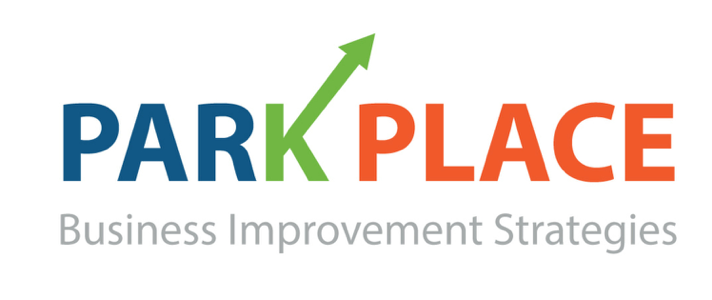Managing Cash Flow Step 6: Stagger Major Expenses
WELCOME TO STEP 6 OF OUR CASH FLOW SERIES…
6 STEPS TO MANAGING CASH FLOW PROBLEMS
1. IDENTIFY THE REAL PROBLEM
2. ASK FOR PAYMENT SOONER RATHER THAN LATER
3. INVOICE MORE ACCURATELY, EARLIER AND/OR MORE OFTEN
4. MAKE IT FAST AND EASY FOR YOUR CLIENT TO PAY
5. COLLECT ON YOUR INVOICES
6. STAGGER YOUR MAJOR EXPENSES
Questions to ask:
Are you able to stagger payroll with other major expenses?
Is it possible to set up quarterly, bi-annual and annual expenses to correspond with higher revenue months?
Staggering payroll with your other major expenses can help to get a better hold over cash flow. For example, consider paying payroll on the 15th and 30th (2nd and 4th weeks) and all other expenses around the 1st and 21st (1st and 3rd weeks). This will prevent a major drain on your account before the balance can be replenished with client payments.
It is also worth considering the possibility of aligning major quarterly, bi-annual and annual expenses with higher revenue months. You know when these occur, so coordinate them to your cash flow advantage.
Darren Wurz of Wurz Financial suggests handling recurring business expenses the way many individuals prepare for estimated tax payments: Create a separate bank account from which you pay all standard, recurring overhead costs and pay yourself a regular income. The account should be replenished by automatic monthly or weekly transfers from a primary account or when you receive a settlement or large payment. This will provide a clear division between expected and unexpected expenses and will prevent a situation in which unexpected expenses deplete funds needed for standard operating costs. This will also help you manage your finances more efficiently by giving you a sense of regular, steady income and preventing poor financial decisions.
Free Consultation
No matter what challenges your business is facing, or will face in the future, we are always here to help with a free 1-hour consultation on a business topic of your choice.
CASH FLOW BEST PRACTICES
Revisit pricing twice a year
Implement a strong marketing plan to bring in the right clients
Ask for & collect payment as close to the time the service is performed as possible
Secure a retainer when appropriate
Track your time hourly
Compile time weekly, include information about what is ready to be invoiced
Invoice once a week
Make it fast & easy for clients to pay by utilizing appropriate electronic tools
Manage A/R weekly with a simple collections plan
Create an expense payment plan that fits with the ebb and flow of your income

